Every 68 seconds an American is sexually assaulted.
433,648 Americans 12 years and older become victims of sexual assault every year.
All Americans are impacted by sexual assault, abuse, or harrasment, either directly or indirectly. Which brings up questions as to why — in a country where sexual assault is such a widespread issue — is it still treated as a taboo topic?
This April and every April, Sexual Assault Awareness Month (SAAM) gives an opportunity to encourage conversation and action about sexual assault and break down the taboo nature surrounding the issue. Sexual assault is not an easy topic to bring up at work or school, but the more people are willing to break the initial discomfort, the quicker we can start addressing and combatting sexual assault in our communities.
PE Department Chair and Health teacher Debbie Schuster has highlighted several reasons why talking about sexual assault is necessary. “An awareness of sexual assault in our society is incredibly important to do what we can to prevent sexual violence, address consent, and shift damaging cultural norms that we face every day from media messaging,” she said.
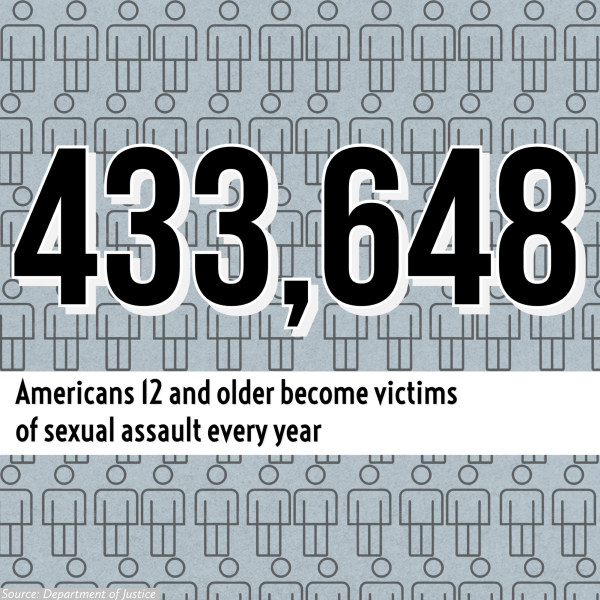
Every April, the National Sexual Violence Resource Center (NSVRC) promotes a campaign for SAAM with a central theme that helps raise awareness about sexual assault, survivors, and prevention. April 2024 marks the 23rd anniversary of National Sexual Assault Awareness Month, and this year’s campaign is centered around the theme “Building Connected Communities.” The NSVRC released a press statement for the campaign, saying, “The campaign uplifts the role of inclusive, equitable, and connected communities in reducing sexual abuse, assault, and harassment.”
In addition to April being Sexual Assault Awareness Month, it is also Child Abuse Prevention Month. While there is overlap between these two issues, Child Abuse Prevention Month aims its awareness at the most vulnerable members of our society. According to the National Children’s Advocacy Center, one in 10 children will be the victim of sexual abuse before their 18th birthday.
Building Connected Communities is an important theme to focus on for SAAM because it reinforces the hard truth that whenever someone experiences sexual assault, abuse, or harassment, the entire community is unequivocally impacted. When we work to build stronger connections within our communities — whether that be at school, work, church, or anywhere else — we are helping to lower the risk of sexual assault occurring. This idea is what the NSVRC classifies as community-level prevention, a systematic change to larger factors in a community that might make it easier for sexual assault to prevail. These factors include policies or codes of conduct, and standards and societal norms that have been upheld.
So why should La Salle students care about sexual assault awareness and prevention?
Director of Faith Programs and Campus Ministry Ms. Sarah Maher said students “have a chance to be leaders on this issue, and justice is one of our core principles.”
In the past, students have stepped up and been leaders on this issue by creating an in-school exhibit called “I See Her, I Hear Her, I Believe Her”, which provided a space for sexual assault survivors to tell their stories, share artwork, and inform the community. This exhibit was put on by the Students Against Sexual Assault Club and the CommuniCare Club.
Currently, sexual assault awareness is thoroughly addressed in health classes. Health students have been visited by various speakers who have shared their stories “about their very challenging road to find peace and healing after experiencing sexual assaults,” Ms. Schuster said. “They also focus a lot on talking about how to tell if you are in a healthy relationship and how to clearly know if consent is freely communicated, present, and viable.”
Additionally, Clackamas Women’s Services has visited campus on several occasions to educate students about “dating violence, pornography, roots of violence, and victim empathy,” she said. There is a focus on sharing current statistics about sexual assault, giving ways for students to protect themselves and others, and the sharing of additional support resources.
Learning about sexual assault prevention now is crucial, as it will prepare students for their lives beyond high school. “It’s important to prepare all students for college life and/or moving on to being autonomous from parents,” Ms. Schuster said.







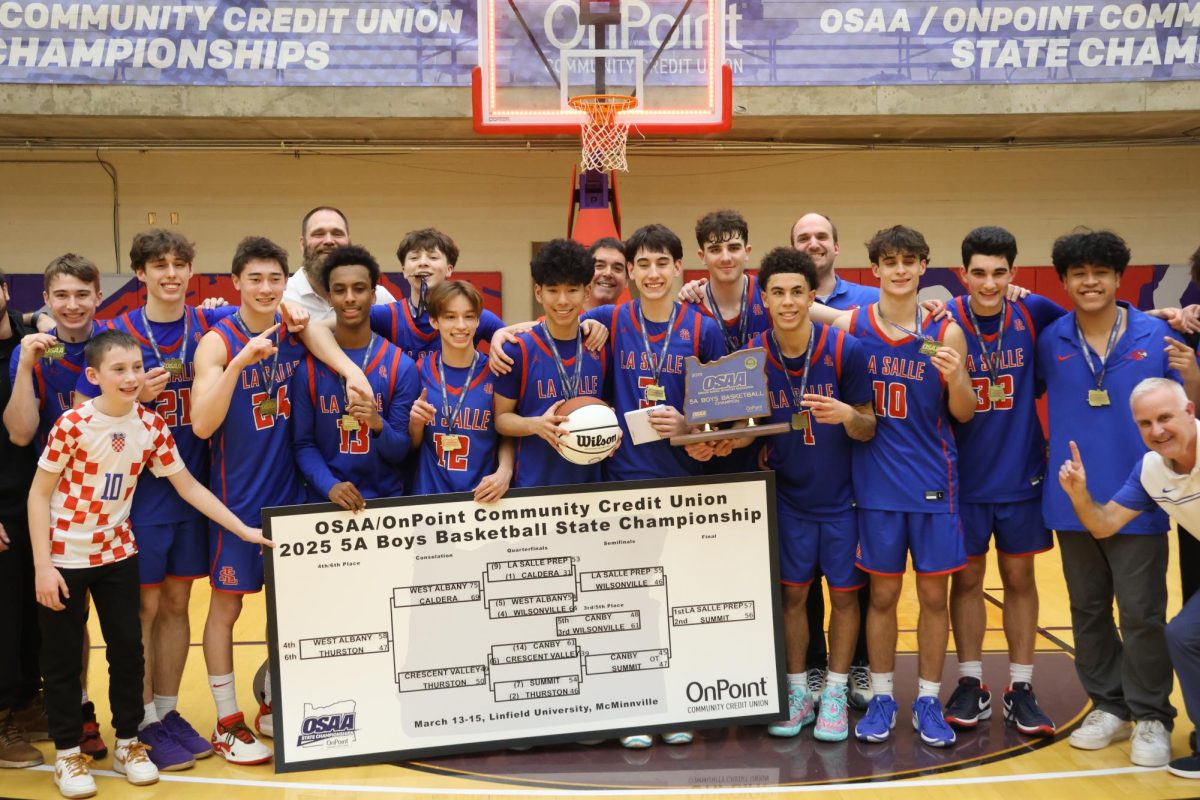

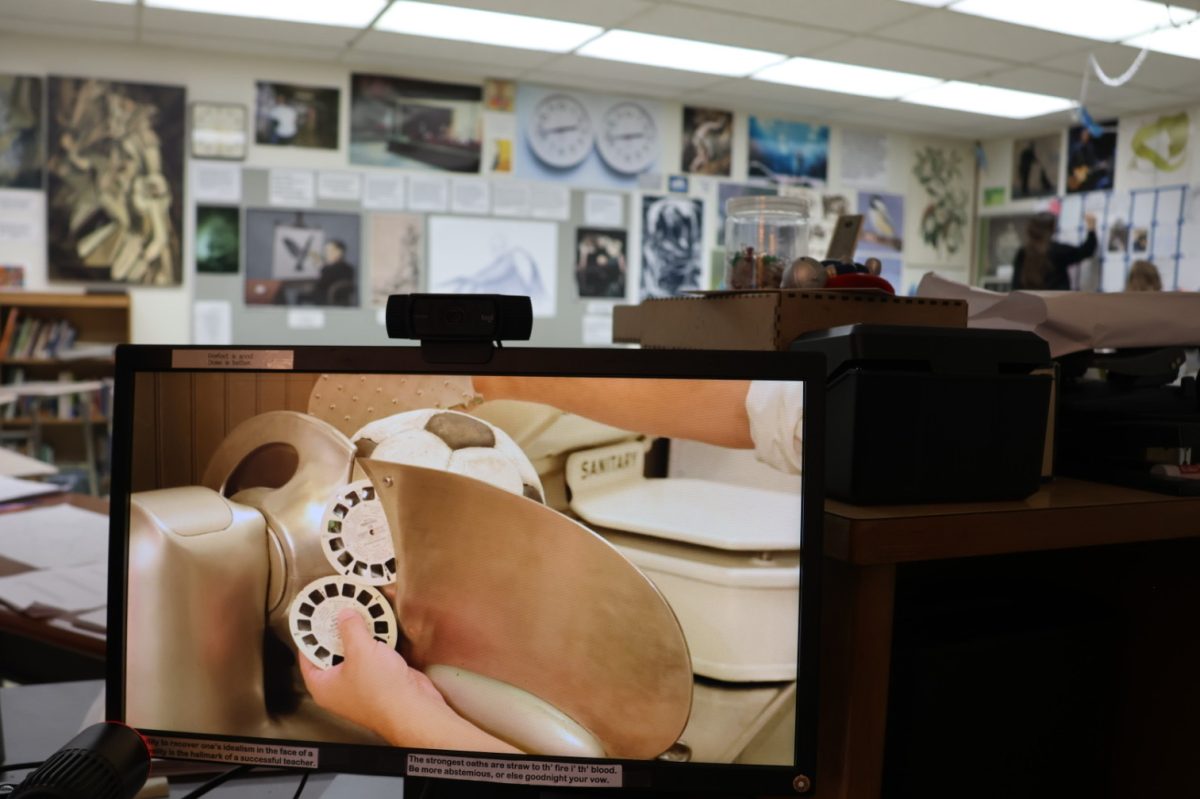

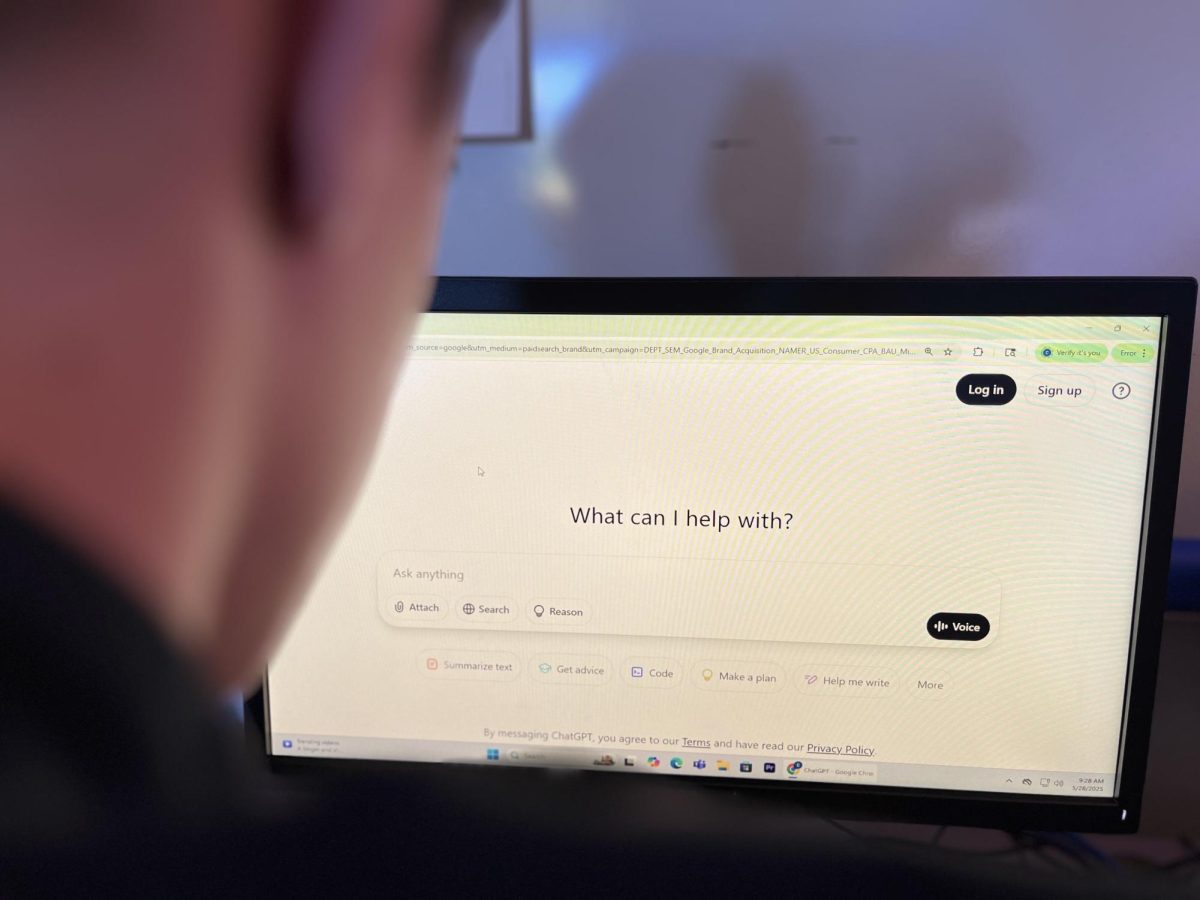








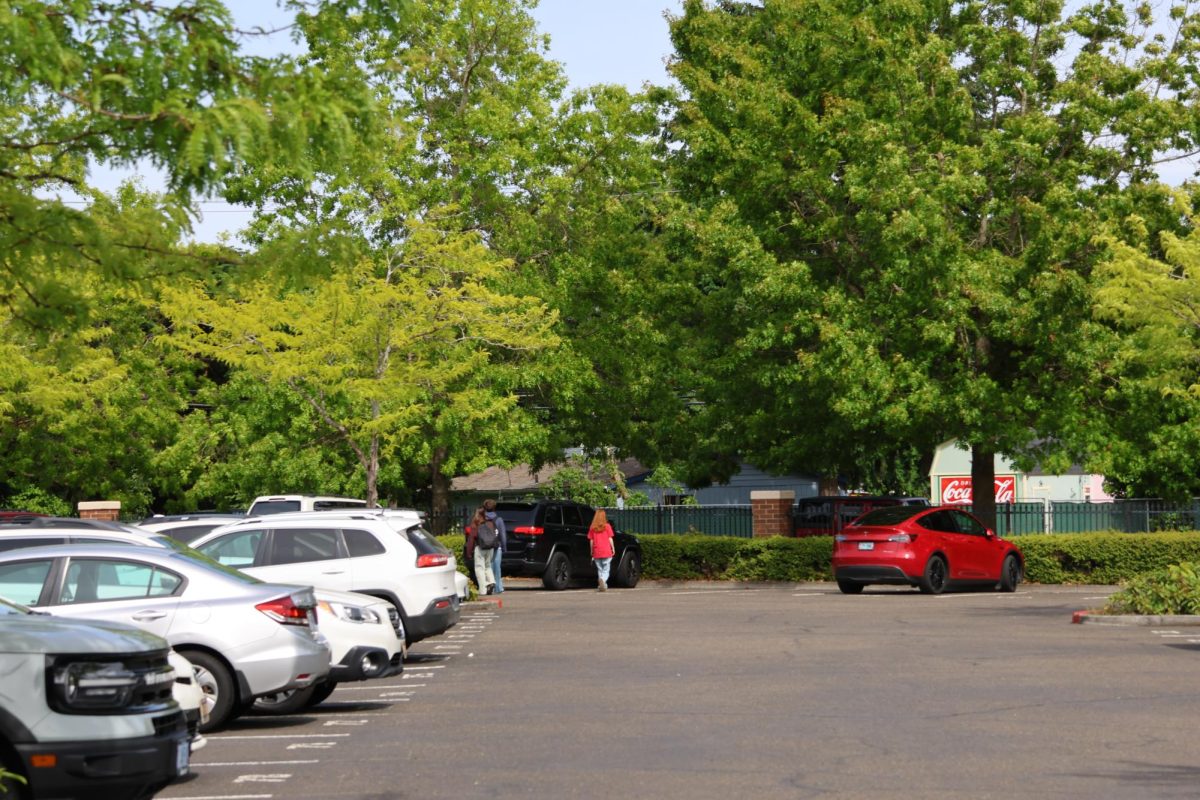

Christine Babinec • Apr 18, 2024 at 8:09 am
Excellent piece! Thank you for highlighting this important topic so thoughtfully and thoroughly.